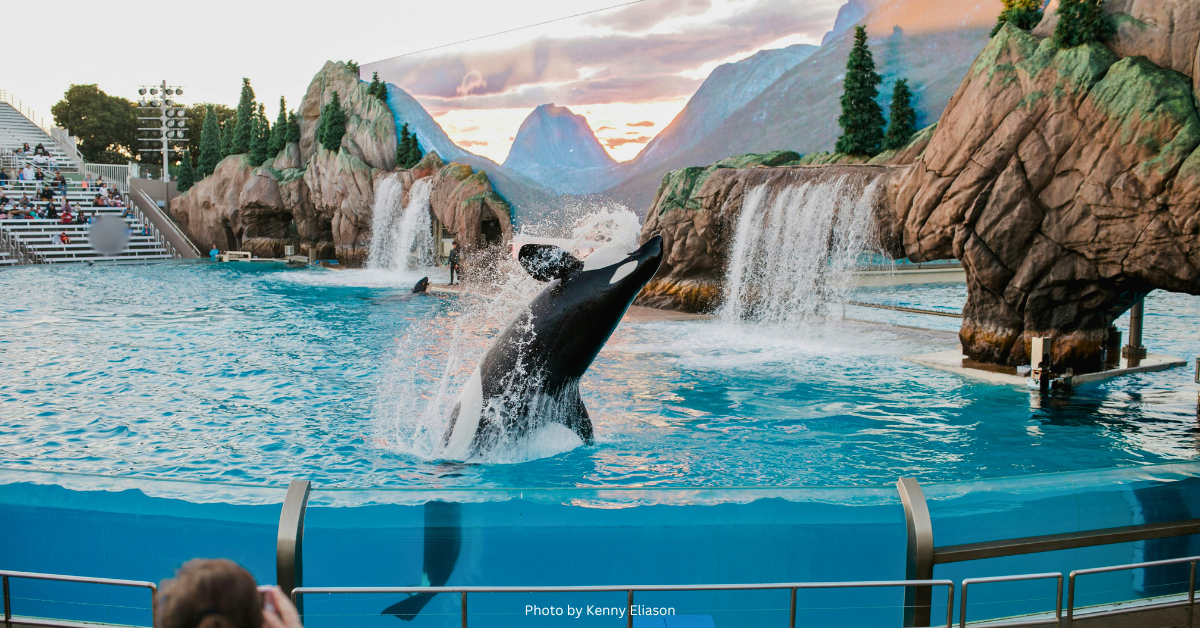April 16, 2024 | The Guardian via UVic News
The 2013 documentary, Blackfish, sparked a critical look at the marine mammal training industry. The film portrayed a bleak image of orca trainers in the US, suggesting that the spectacle of orca shows conceals the true suffering of these whales and endangers the trainers. The film highlighted the unfortunate death of SeaWorld trainer Dawn Brancheau in 2010 to argue against the captivity of orcas. It suggested that young orcas, when captured from the wild and compelled to perform and reproduce, can become aggressive.
Ten years after the documentary was released, the discussion is still ongoing. The Guardian recently featured a story about Hazel McBride, a trainer who achieved her dream of working with killer whales at Loro Parque in Spain. However, her career was overshadowed by the documentary Blackfish, which linked the issues of orca captivity to the death of Alexis Martínez, another trainer at Loro Parque. Despite Blackfish casting a negative light on the industry, it didn’t depict the trainers as villains. Notably, some trainers who faced criticism in the US have found success in China.
Amid this story, the article presents an informed perspective from Jason Colby, a historian, and a professor at the University of Victoria. Colby’s expertise provides historical context to the evolving views of orcas. He suggests that the image of orcas changed from being seen as threats to being admired in the mid-century. This shift occurred when the industry in the Pacific north-west moved from labor-intensive extraction jobs to a middle-class leisure economy. He also talks about the contradictory effect of heightened awareness and conservation efforts on the movement against captivity.
At the University of Victoria (UVic), Professor Colby’s research is mainly centered on marine environmental history and US international history. He has a special interest in the historical interactions between humans and whales on the Pacific Coast. He wrote the book Orca: How We Came to Know and Love the Ocean’s Greatest Predator, which explores the evolution of human relationships with killer whales from the 1960s to now, and its influence on regional and global environmental values and policies. At present, he is working on two new book projects related to marine environmental history. His insights and arguments provide a deeper understanding to the debate on orca captivity discussed in the article, making his input a crucial part of the story.
For those who wish to explore Professor Colby’s work further, more of his research and publications can be found on the University of Victoria’s institutional repository, UVicSpace!

